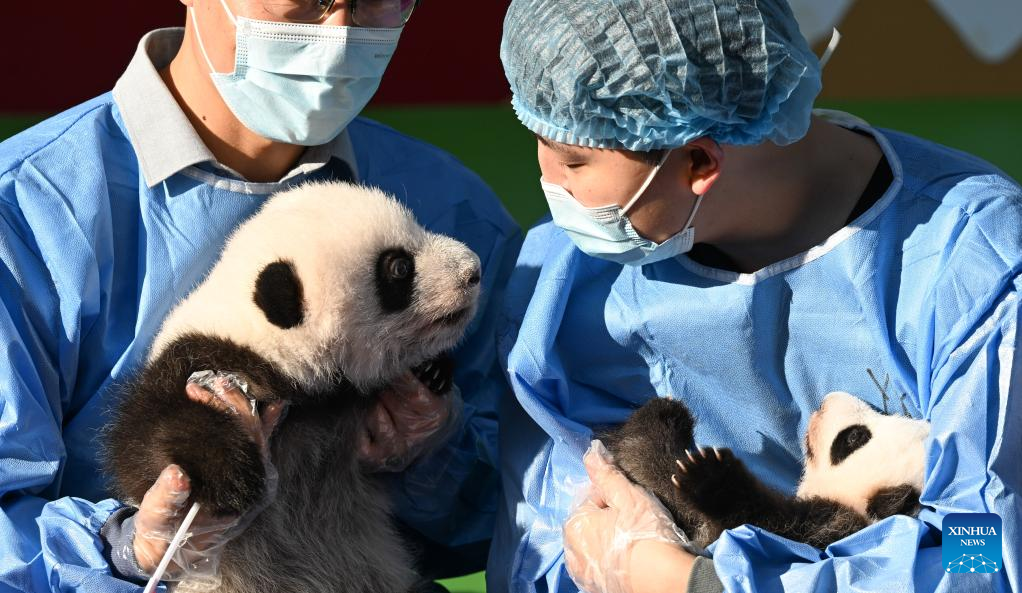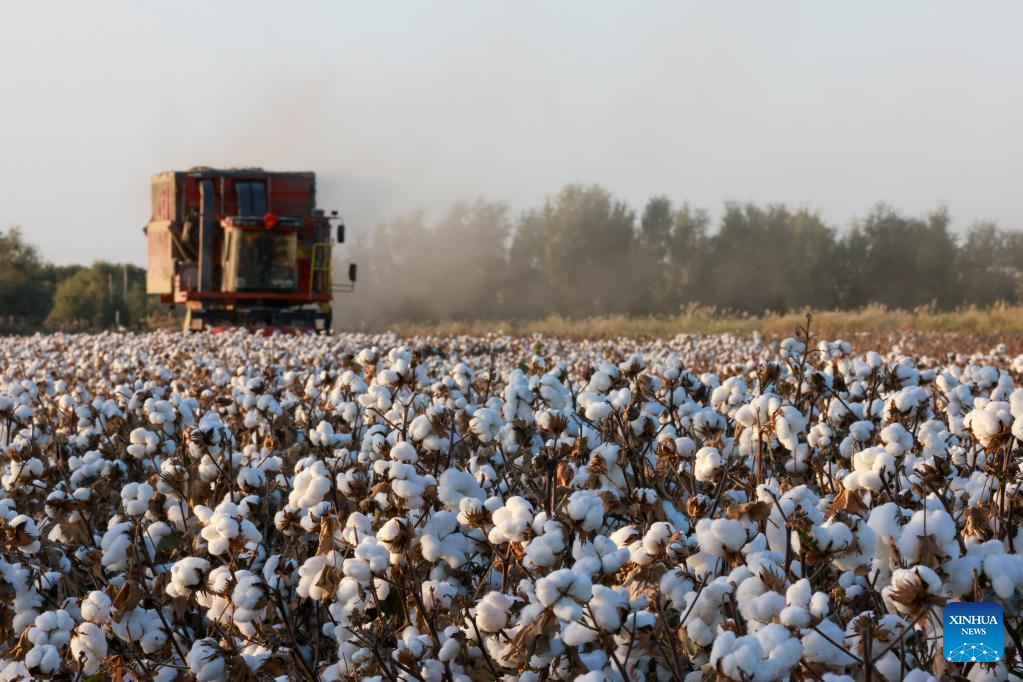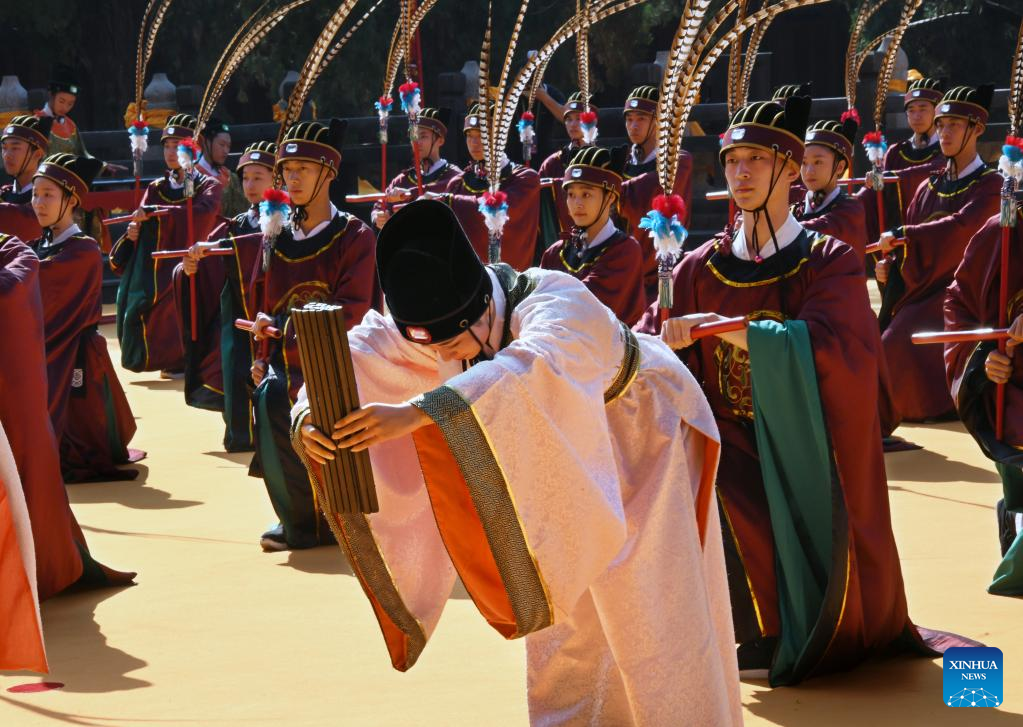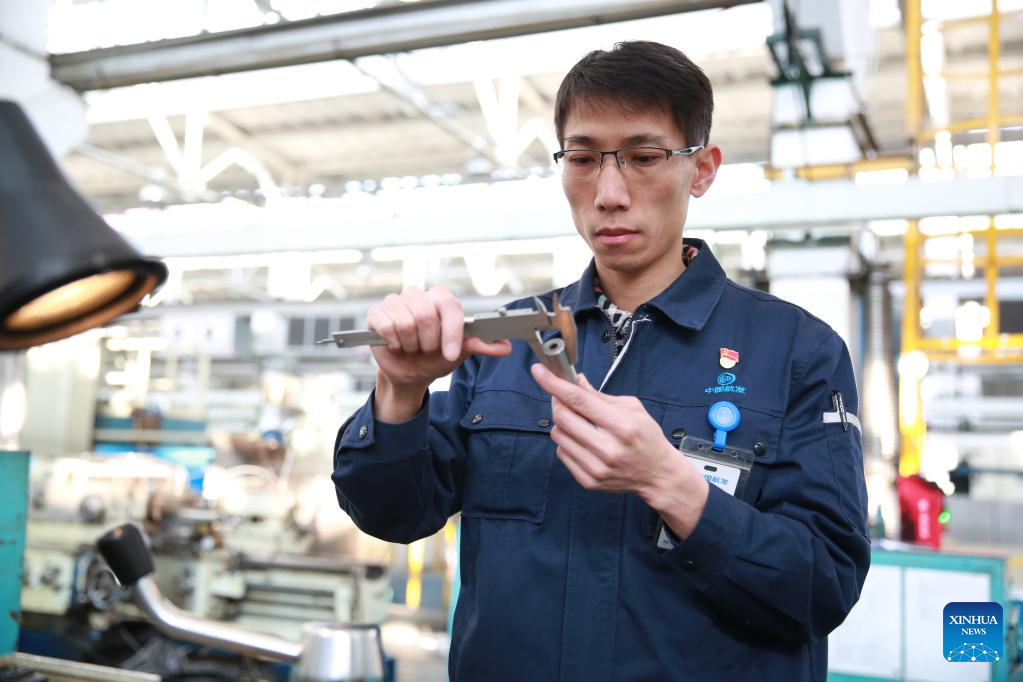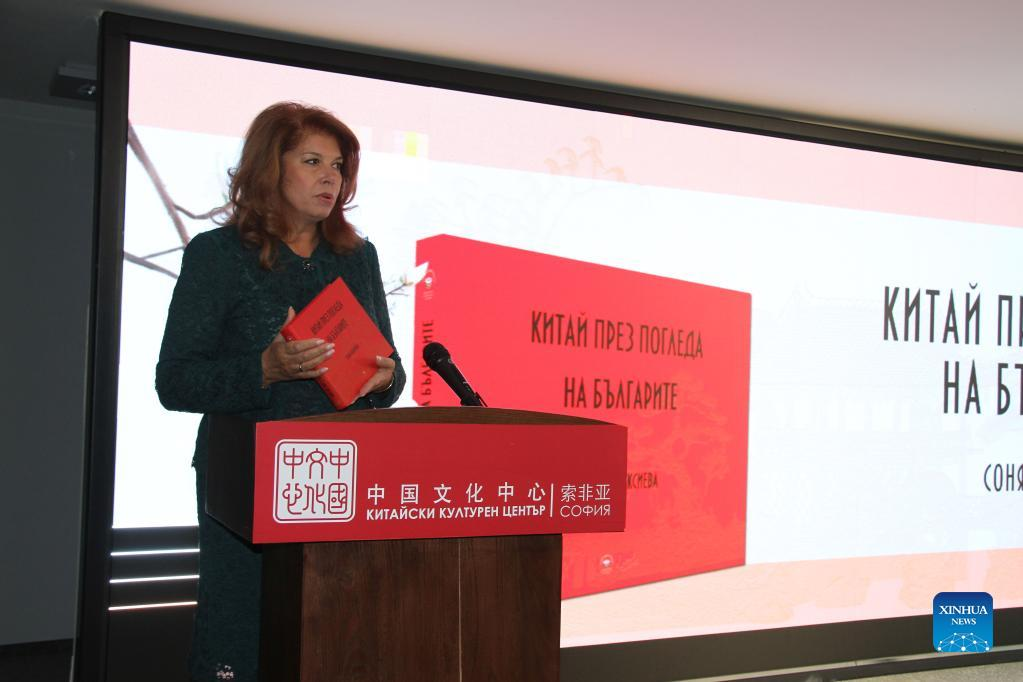
(Photo provided to Xinhua Daily)
The Freshwater Fisheries Research Center (FFRC) of Chinese Academy of Fishery Sciences (CAFS), based in Wuxi City of Jiangsu Province, has been instrumental in advancing the rice-fish co-culture system in Myanmar.
In the village of Thet Nin Inn near Myanmar's capital Naypyidaw, farmers cultivate fish in rice paddies and also grow cash crops like tomatoes and peppers on the ridges.
As part of the Myanmar Standardized Rice-Fish Farming Technology Demonstration Project, established under the framework of South-South cooperation, this sustainable form of agriculture has been supported by China's fishery technology powered by the Belt and Road Initiative.
“Yields improved significantly after we received the expert guidance from China on field preparation and farming techniques,” Local farmer Daw Se noted.
“That year, the rice yield from two acres increased by over 60%, and large fish production exceeded 260 kilograms, boosting income by more than 430,000 Myanmar kyat compared to the previous year," said Daw Se.

Myanmar’s abundant inland water resources offer great potential for rice-fish farming industry, according to Xu Pao, director of FFRC. Since 2015, the center has sent experts to Myanmar to improve seedling quality, address field management issues and enhance local production efficiency.
Rice-fish farming enhances land utilization by offering aquatic products, and reduces the need for chemical fertilizers and pesticides, thereby reducing greenhouse gas emissions, Xu added.
Another success story comes from Tar Gone Village in Yangon, where farmer UKyaw Win Sein expanded his original 4-acre paddy field to 6.5 acres thanks to the use of new farming technologies, increasing his annual income by 300,000 kyat. “I hope the Chinese experts can come back later and teach us how to better feed the fish,” he said.

“The center offers technical classes, workshops on fisheries industry development, and ministerial sessions that focus on policy and planning, and it has trained more than 600 fishery technological and managerial officials for Myanmar,” Xu said.
Kay Thi Shwe, an official from the Department of Fisheries, under the Ministry of Livestock, Fisheries and Rural Development of Myanmar, said the training at FFRC also included a visit to the rice-fish co-culture system in Zhejiang Province, which impressed her deeply for the modern agro-tourism.
Meanwhile, Min Khaing, another official from the department, noted that Myanmar and China can complement each other in fisheries industry, and the two countries should strengthen cooperation in talent training and farming technology too.


